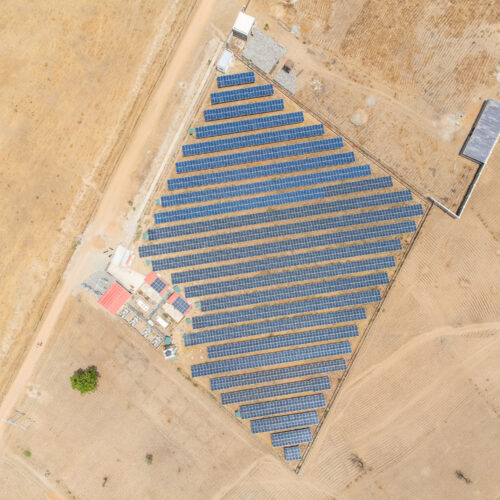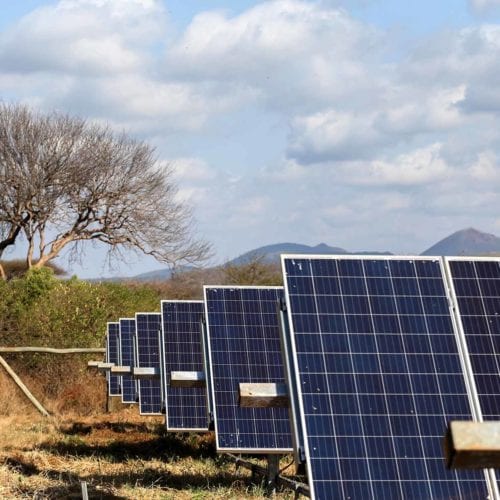Africa
2025
| insight
For too long, the global conversation around energy and climate has framed development and decarbonization as opposing forces, a choice between prosperity and planetary health. Africa has the opportunity to rewrite this script — to…
Africa
2025
| News / Announcement
Innovative Interconnected Minigrid Partnerships Deliver Reliable Electricity, Boosting Economic Growth for Underserved Nigerians A new report from RMI and GEAPP analyzes key learnings and insights from the first wave of operational interconnected minigrids (IMG) in…
Africa
2025
| Report
Lessons learned from the first wave of interconnected minigrids: Insights and Recommendations for Nigeria's Power Sector.
Africa
2025
| Article
How the Global South can keep pace with methane mitigation efforts.
Africa
2025
| News / Announcement
Robinyan Community Celebrates Landmark Interconnected Minigrid, Powering over 5,000 Peri-Urban Residents Sahara Power Group, Ikeja Electric, Darway Coast, RMI, and GEAPP collaborate to deliver reliable electricity, transforming lives and boosting economic growth in Ogun State.…
Africa
2025
| Article
An interview with Mr. Kofi A. Agyarko, director of renewable energy, energy efficiency and climate change at the Energy Commission.
Africa
2024
| Article
The intersection of energy access and livelihood is where women often carry a disproportionate burden, but it is also where change can begin.
Africa
2024
| Article
How RMI is touching lives using clean energy through solar minigrids in Nigeria.
Africa
2024
| Story
Interconnected solar minigrids are powering homes and businesses with reliable, affordable, clean energy in Africa’s largest country.
Africa
2024
| Story
This RMI associate works with communities like his own to electrify their agricultural processes and enhance energy security.









